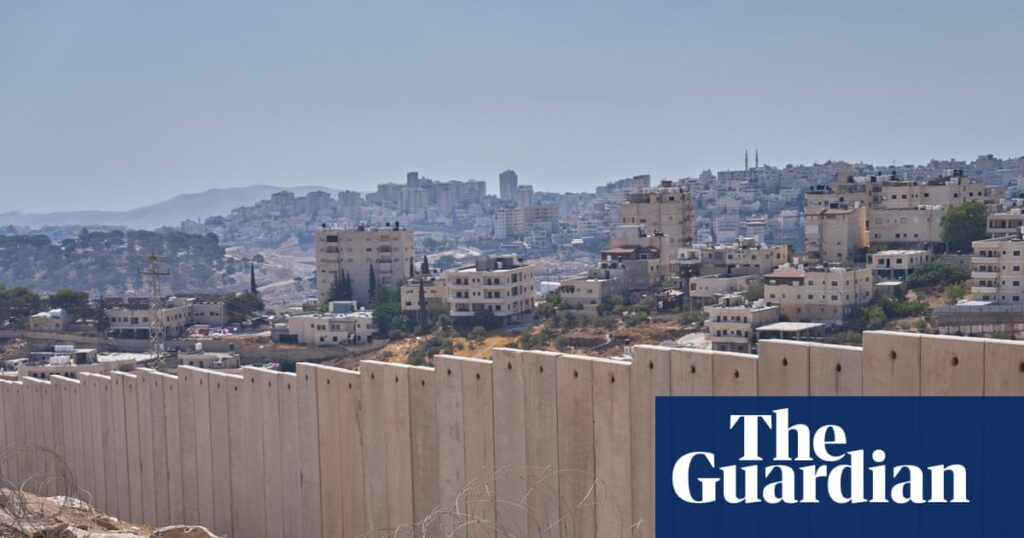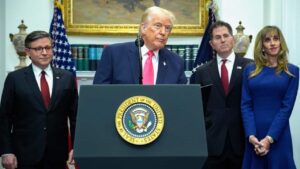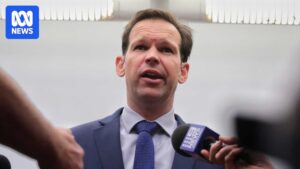
David Lammy, the UK Foreign Secretary, has joined forces with 20 other foreign ministers from around the globe to denounce Israel’s controversial plans to construct an illegal settlement in the West Bank. This collective condemnation was marked by the Foreign Office’s decision to summon the Israeli ambassador, Tzipi Hotovely, to express the British government’s disapproval.
The ministers co-signed a joint statement on Thursday, criticizing the proposed E1 settlement plan, which involves the construction of 3,400 homes. Critics argue that this development would effectively bisect the West Bank, severely undermining the prospects for a contiguous Palestinian state.
International Rebuke and Diplomatic Actions
The joint statement, endorsed by countries including the UK, Australia, Canada, and France, declared:
“The decision by the Israeli higher planning committee to approve plans for settlement construction in the E1 area, east of Jerusalem, is unacceptable and a violation of international law. We condemn this decision and call for its immediate reversal in the strongest terms.”
Following the statement, the Foreign Office confirmed the summoning of Ambassador Hotovely, a rare public rebuke intended to signal the UK’s serious concerns. The Foreign Office emphasized that if implemented, the settlement plans would constitute a flagrant breach of international law and critically undermine a two-state solution by dividing a future Palestinian state in two.
Israel’s Strategic Intentions
Israel announced its approval of the settlement plans on Wednesday, with Finance Minister Bezalel Smotrich openly stating that the initiative aims to thwart the establishment of a Palestinian state. Smotrich described the decision as a “significant step that practically erases the two-state delusion and consolidates the Jewish people’s hold on the heart of the land of Israel.”
The proposed expansion would extend the Jewish settlement of Ma’ale Adumim towards Jerusalem, further isolating occupied East Jerusalem from the West Bank and dividing the territory’s north and south. The 21 foreign ministers highlighted in their statement that such a move would make a two-state solution impossible and exacerbate regional instability.
Broader Implications and Global Reactions
This development follows a series of international criticisms of Israel’s policies in Gaza and the West Bank. British officials have indicated that Israel’s renewed expansionism has significantly influenced their decision to recognize Palestine as an independent state. Labour leader Keir Starmer recently announced plans to formally recognize Palestine before the upcoming UN General Assembly, contingent on Israel’s commitment to a ceasefire and a two-state solution.
Meanwhile, the international community has expressed alarm over Israel’s intentions to seize control of Gaza City. UN Assistant Secretary-General Miroslav Jenča warned that such actions could lead to “forced displacement, killings, and destruction.”
The Israel Defense Forces reported on Wednesday that Prime Minister Benjamin Netanyahu had instructed them to expedite plans for an assault on Gaza City, prompting thousands of Palestinians to flee in anticipation of conflict.
Call for Media Access and Transparency
On Thursday, the UK was among 27 countries to sign a separate statement urging Israel to grant international journalists access to Gaza. This appeal, made by the Media Freedom Coalition (MFC), an advocacy group co-founded by the UK, emphasized the need for independent media coverage of the “unfolding humanitarian catastrophe” in the region.
The MFC’s statement read:
“We … urge Israel to allow immediate independent foreign media access and afford protection for journalists operating in Gaza.”
The move represents a concerted effort by the international community to ensure transparency and accountability in reporting on the escalating humanitarian crisis in Gaza.
As tensions continue to rise, the global community watches closely, with many fearing that the latest developments could further destabilize an already volatile region. The coming weeks may prove critical in determining the future of the Israeli-Palestinian conflict and the prospects for peace.







